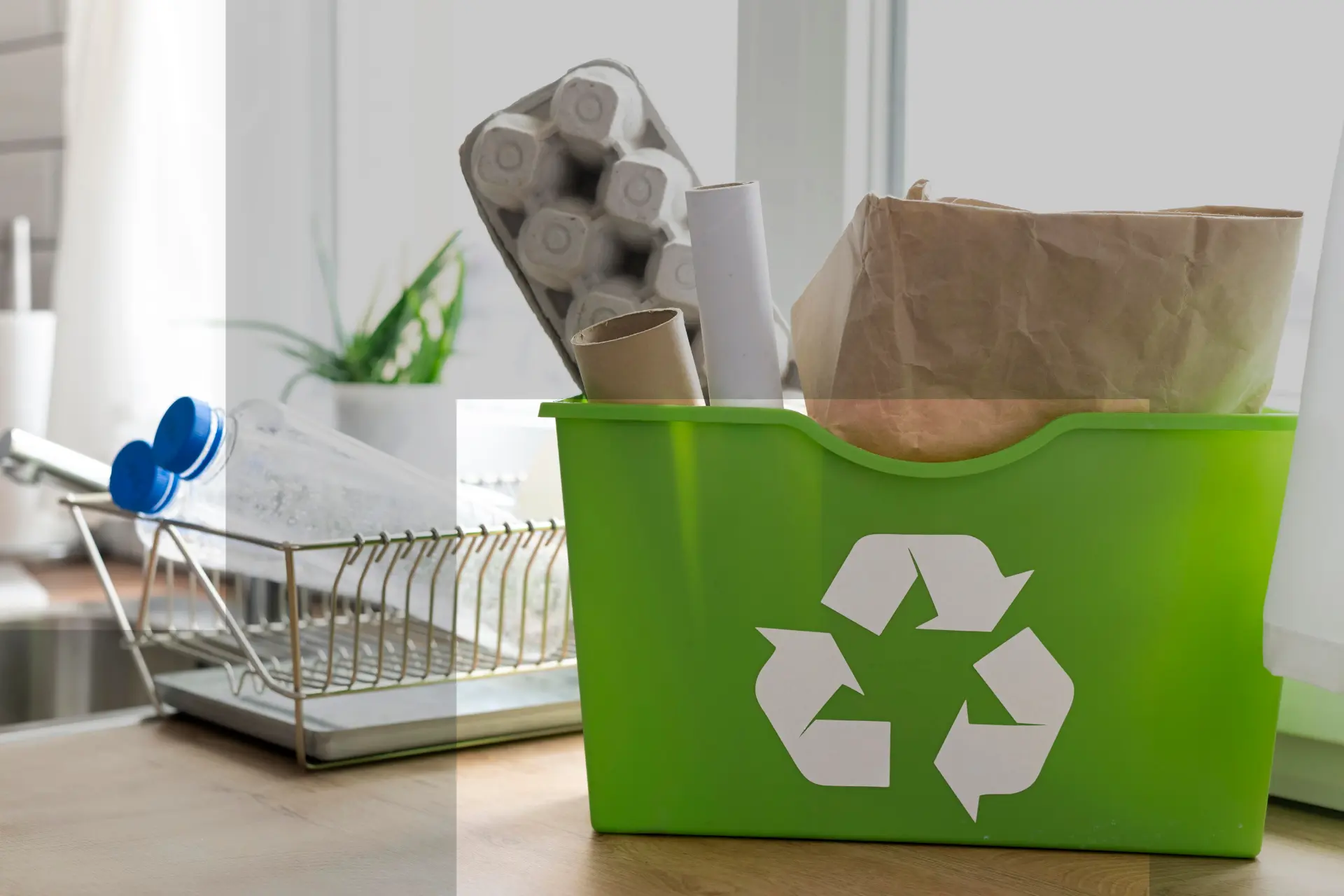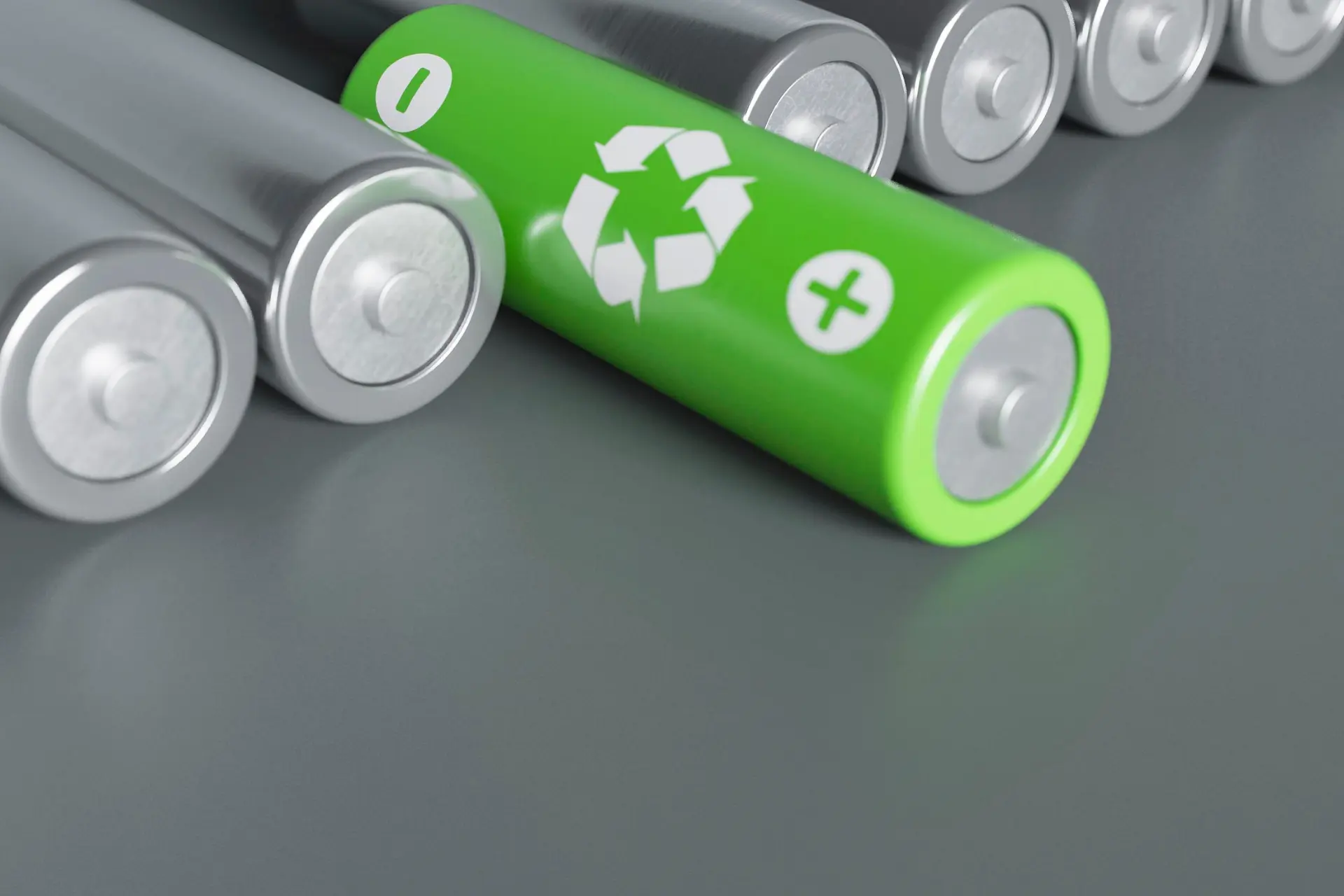Introduction
Why Packaging Waste Regulations Matter in The EU
Packaging waste has become one of the EU’s most pressing environmental challenges. Every year, millions of tonnes of packaging materials are discarded – much of it unrecyclable or improperly disposed of. This contributes to overflowing landfills, marine pollution, and unnecessary carbon emissions. In response, the European Union has enacted increasingly stringent regulations to force a shift towards more sustainable packaging practices. For businesses, this transformation turns packaging from a mere operational detail into a critical compliance and brand integrity issue. Meeting these regulations is no longer optional – it’s a vital part of doing business in Europe.
The Rising Pressure on EU Businesses
The packaging landscape has evolved rapidly due to growing public concern about environmental issues, the European Green Deal, and increasing pressure from regulators and consumers. There is an increasing expectation for companies to do more than just comply – they must actively demonstrate their commitment to sustainable practices. The cost of non-compliance can be substantial: hefty fines, delays at customs, loss of customer trust, or even product bans. Whether you operate in a single Member State or across the EU, the onus is on your business to align with these regulations proactively and efficiently.
How This Guide Will Help You Stay Compliant
We have written this guide to demystify EU packaging waste regulations, providing a clear breakdown of requirements, where challenges commonly occur, and how your business can overcome them. It will also introduce you to 4Pack’s all-in-one compliance platform, a purpose-built tool that simplifies regulatory management and empowers teams to maintain full packaging compliance at scale.
Understanding Packaging Waste Regulations in the EU
The EU’s approach to packaging waste has it’s roots in legislation targeting the reduction of environmental impact and promoting a circular economy. The cornerstone law – the Packaging and Packaging Waste Directive (94/62/EC) – has shaped packaging compliance in the EU for decades. It defines essential requirements for packaging design, sets recycling and recovery targets, and lays out rules to minimise hazardous substances.
In 2022, the European Commission proposed a major update: the Packaging and Packaging Waste Regulation (PPWR). Unlike the previous directive, which Member States could interpret and implement differently, the PPWR will apply uniformly across all countries, eliminating ambiguity and fostering regulatory alignment.
Key updates include:
- Mandatory reuse and recycling targets to encourage circular use of packaging.
- Standardised recyclability criteria to ensure packaging can be processed efficiently across the EU.
- Ban on unnecessary packaging formats such as certain single-use items.
- Stronger Extended Producer Responsibility (EPR) obligations that require companies to finance and manage the end-of-life treatment of their packaging.
The overarching goals of these regulations are to:
- Reduce environmental harm from packaging waste.
- Drive innovation in eco-friendly packaging design.
- Create harmonised standards for businesses trading across the EU.
However, enforcement of these rules happens at the national level. This means each Member State may have slightly different timelines, documentation requirements, or labelling criteria. Businesses must remain vigilant to ensure compliance across multiple jurisdictions.
What Packaging Regulations Must You Consider In the EU?
Understanding which regulations apply to your packaging is essential. These rules can vary based on your product category, materials used, the markets you operate in, and whether you’re selling domestically or exporting.
Product-Specific Regulations
Certain product categories face more stringent packaging requirements:
- Food and beverages: Packaging must meet hygiene standards, prevent contamination, and include accurate expiry dates and nutritional information.
- Pharmaceuticals and cosmetics: Products must have tamper-evident closures, batch traceability, and compliant labelling for active substances.
- Hazardous substances: Packing of Chemical products and other dangerous goods must be in accordance with EU CLP and transport regulations, with strict labelling and safety information.
Labelling and Environmental Requirements
Labelling rules aim to ensure consumer safety and support proper recycling. Key considerations include:
- Language requirements: All mandatory information must appear in the official language(s) of the country where the product is available.
- Recycling and disposal symbols: Standardised icons help consumers correctly sort waste.
- Material declarations and identification codes: These indicate what packaging is made of, and support sorting technologies used by recycling facilities.
Environmental requirements focus on minimising the environmental footprint:
- Restrictions on certain materials: Some substances—like PVC, heavy metals, or polystyrene—are banned or heavily regulated.
- Recyclability, compostability, and biodegradability standards: Packaging must meet defined thresholds for recovery.
- Participation in EPR schemes: Producers must register, report packaging usage, and fund recovery efforts.
Transport and Export Compliance
When moving products across borders, packaging must also comply with:
- Customs requirements: Accurate documentation, standardised labelling, and safety declarations are essential.
- Multilingual packaging: Especially critical for pan-European or international shipments.
- Packaging durability and testing: There must be adequate protection for goods during transit, particularly under ADR (road), IMDG (sea), or IATA (air) transport codes.
Common Challenges for Businesses
Legal Complexity and Rapid Changes
The regulatory landscape is dynamic. New laws, updates, and country-specific rules are introduced frequently. Businesses must stay informed of all applicable regulations to avoid slipping out of compliance – something that’s particularly challenging without dedicated regulatory support.
Fragmented Compliance Processes
Many companies still manage compliance through spreadsheets, shared folders, or email. These tools lack real-time validation, change tracking, or clear accountability, making it easy for errors to go unnoticed and deadlines to be missed.
Risk of Fines and Delays
Non-compliance can carry serious consequences. Mislabelled products can be held at customs, withdrawn from shelves, or subject to fines. A minor packaging change, if undocumented or unauthorised, can create regulatory breaches.
Scaling Across Markets
If your business operates in multiple EU countries, each with different rules or enforcement practices, maintaining a consistent compliance strategy becomes complex. This is particularly difficult when relying on decentralised systems or when compliance is managed by small, overstretched teams.
How 4Pack Supports Packaging Compliance In The EU
4Pack is a purpose-built software solution that simplifies packaging compliance management from start to finish. It enables businesses to centralise data, streamline workflows, track legal changes, and collaborate effectively across teams and regions.
Centralised Product Data Management
With 4Pack, all packaging data – specifications, artwork, material certifications, labelling rules – are stored in a single, secure platform. This central repository ensures accuracy, improves version control, and makes it easy to retrieve documentation during audits.
Teams can:
- Track packaging across all SKUs and markets
- Manage materials, allergens, and environmental claims
- Store legal declarations and EPR documents in one place
Guided Compliance Workflows
4Pack provides configurable workflows that ensure all necessary compliance steps are followed consistently. From packaging design to launch, every stage is monitored, approved, and documented.
Key benefits include:
- Built-in alerts and validation rules
- Automatic approval tracking
- Transparent responsibilities across departments
System Integration
4Pack integrates with ERP, PLM, artwork and document management systems, allowing seamless data flow across your tech stack. This eliminates data duplication and enables faster decision-making.
Benefits of Using 4Pack
Using 4Pack allows businesses to move from reactive compliance to proactive packaging management. The platform delivers measurable benefits, including:
- Reduced risk of fines, product recalls, and supply chain disruption
- Faster time-to-market thanks to efficient workflows and data reuse
- Improved collaboration across packaging, legal, and regulatory teams
- Lower costs through packaging standardisation and reduced material waste
- Audit-readiness, with complete traceability and compliance reporting at your fingertips
EU Packaging Compliance In Future
The upcoming PPWR represents a major shift towards harmonised, high-ambition sustainability goals. Businesses must prepare for:
- Digital product passports with detailed packaging and recycling information
- Mandatory reuse and refill formats in e-commerce and takeaway packaging
- Enhanced eco-design requirements to minimise waste and maximise recyclability
Companies that embrace digital compliance tools like 4Pack will not only avoid penalties—they will gain a strategic advantage by being quicker to market, more cost-effective, and more aligned with future regulations.
Recap
Compliance with packaging waste regulations in the EU is no longer a background task—it’s a key operational and reputational priority. The cost of non-compliance is high, but so is the opportunity to lead through sustainable, well-managed packaging.
By centralising your compliance processes and leveraging 4Pack’s powerful features, your business can stay ahead of the curve, simplify packaging decisions, and maintain full visibility over your regulatory commitments.
Take Action
Don’t leave compliance to chance. Contact 4Pack today to book a free demo and discover how our platform can help you achieve smarter, faster, and fully compliant packaging across the EU.



